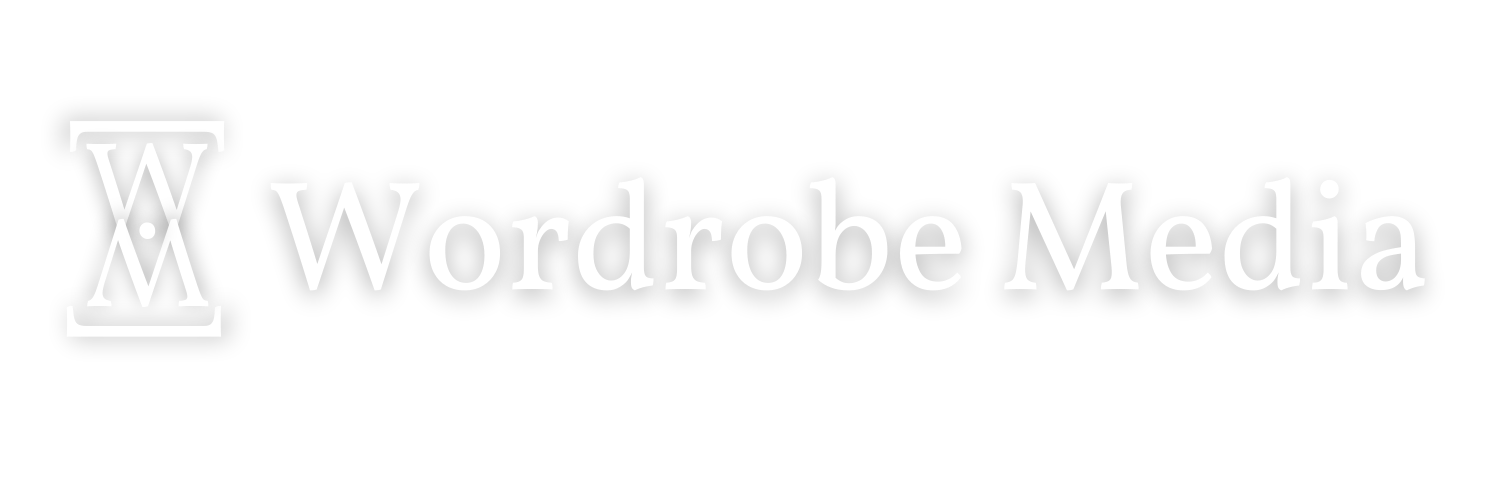Set a Deadline
“I don’t have a deadline.”
When combined together, these five words can be some of the most dangerous for the writer to hear — or say.
On the surface, this sounds like a good thing. It sounds like freedom. It sounds like, “Hey, it doesn’t matter as long as it gets done really well.”
But in reality, it’s a poison. It’s amorphous. It’s vague. It enables procrastination and half-assery.
For writers, deadlines are actually one of the best tools we have in our arsenal. They’re not as scary as they sound.
Speaking of, have you ever thought about how grim of a word “deadline” is? Why don’t we call them “Success-lines” or “Accomplishment-lines” — or my favorite — “Huzzah-Lines.” Because that’s really what they are — an opportunity to celebrate what you’ve accomplished.
When a client says they “don’t have a deadline,” they probably don’t really mean it. They just aren’t sure how to verbalize it. But clearly they want it done and it’s better to define when something should be done. Deadlines reduce frustration on both sides of the client-writer relationship.
Also, deadlines give us an opportunity to budget our time. And let’s be honest — there’s nothing like an approaching deadline to spur on some desperation-fueled creativity. It’s amazing what the mind can do when it’s pushed.
There’s nothing like an approaching deadline to spur on some desperation-fueled creativity.
As much as writers demonize the dreaded deadline, we have to admit it’s a good thing. Nor should we avoid them.
That’s why even when a client says those words to me, when they claim to have no deadline in mind, I set one for myself — if for no one else. I’ve learned I need deadlines. It lights a fire under me to actually get the job done. Otherwise, the next shiny thing will grab my attention.
My advice is to set deadlines for anything and everything — even if you don’t have to. For example, I don’t “need” a deadline for writing this blog. But I give myself one anyway because I know if I don’t, then it just won’t happen. As much as possible, I try to be conservative with my deadlines, pushing myself to get things done sooner than expected rather than pushing it off as long as possible. This tends to reduce my own stress and keep me in the good graces of my clients and publishing partners.
Do I always meet my deadlines? No. I’m not perfect. And neither are you. But not setting a deadline for yourself is a sure-fire way to foster failure. Even if you miss a deadline, having one serves as great accountability, a way to track your progress (or lack thereof), and communicates to others that you actually care about the project.
Some may feel like this stifles your writing process — that you need to be in the right mood to write “organically.” We’ll talk about this more in a later blog, but sorry to burst your bubble now — you won’t be successful without discipline. Deadlines are just one easy way to be disciplined. And as far as the “organic” writing goes, even organic farmers have deadlines for when they have to plant their seeds or they won’t have a crop.
Look, I’m not a Type A Get-Out-My-One-Year-Planner-And-Vision-Board kind of human — that’s my wife. I used to be awful at setting deadlines, and guess what? It didn’t work out so well for me. I learned the hard way that more than anything, setting a deadline for my projects actually created more freedom — both in my time and creativity — because then I could better set my priorities.
On that note, here’s a deadline for you: You’ve got until five minutes after reading this blog to go set a deadline for your next project.
Huzzah!
